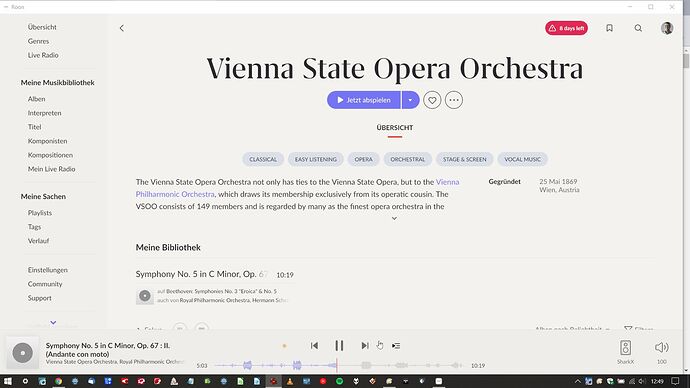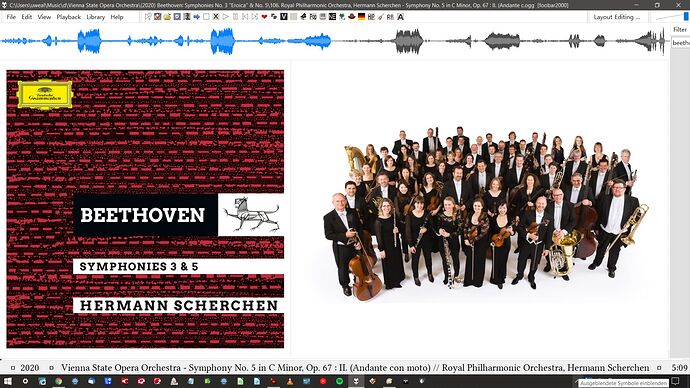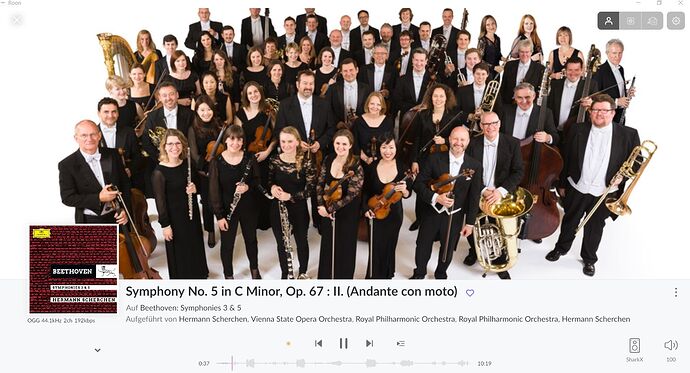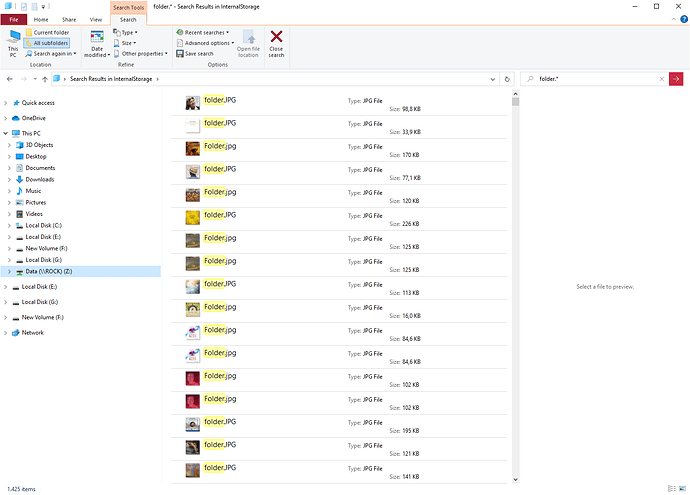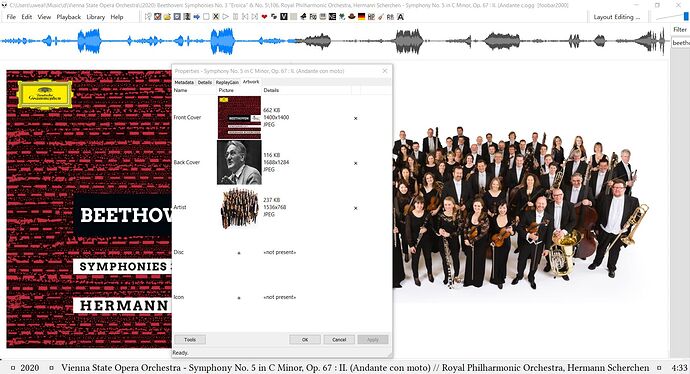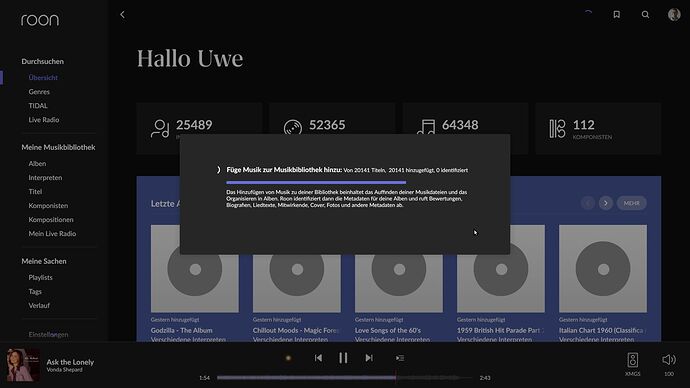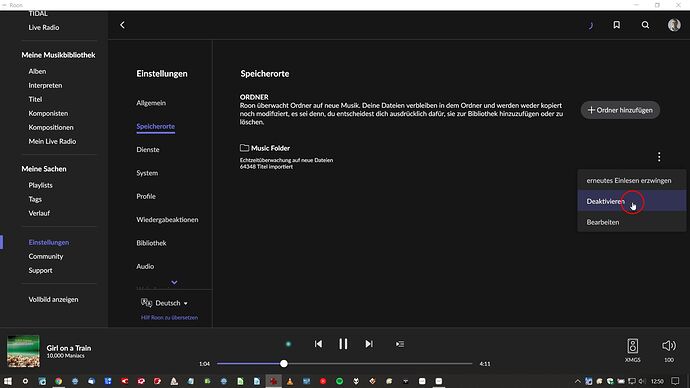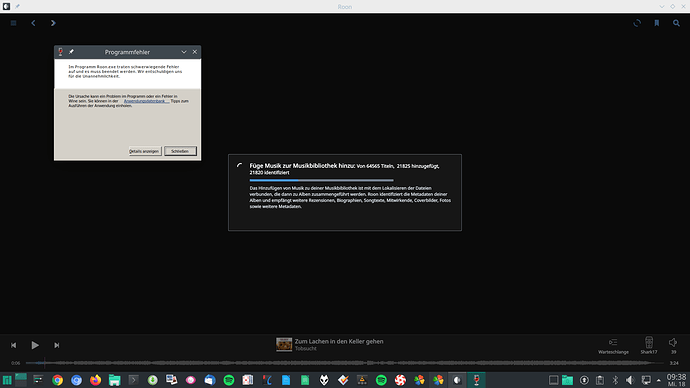As an attentive reader, I realize of course that dedicated employees here cannot solve all the problems at the same time. There are simply too many customers with technical problems at the moment. Dylan Caudill, noris or Rebeka Abrudan usually go the standard way in technical support. Of course this takes time, LOG data, further descriptions of the problem and there is almost no thanks. So first of all thanks to you! But I understand the logs quite well already.
As a technically interested customer I show understanding, but also frustration, if something does not work out as in marketing. The product is interesting, but not yet mature. There is no better replacement, only other emergency solutions with other problems. There are enough suggestions how to solve it.
Endless loading or missing all audio devices? Please read this by Dylan Caudill makes it clear to me, currently a lot is missing and many things take too long. In my experience, this is not so much due to the customer’s system, but to the database concept. After all, it is not only the Tidal connection that fails, but also the reliable provision and preparation of the metadata. Lack of delivery from AllMusic or streaming providers does not help the best database. Here I have lost a year and if I may extend, I will not do it again immediately for money. Gladly I help as a customer to improve the product and pay after self-recognized market maturity.
A lot of things are already solved really well, the positive overall result is still missing for me.
In my opinion, it is currently of little use to rewrite the system environment again and again in each case, because from Windwos 7 to Windows 11, MacOS or Linux-based, there are always the same problems with the database and the accesses to Tidal or Qobuz. The interfaces to Android and iOS are not free of them either. First, however, the core has to run well.
The state of the system updates is also not a basic problem in my estimation. There are very old devices that no longer get any, others that are not always up to date, and still others that also have the same problems with the latest version.
It is the database itself that does not always cope well with this diversity. Roon has set itself a very complex task and it is also not easy to reliably locate every object from every source with album, release and label. It is precisely in this attempt that the database gets itself stuck, according to my experience.
This was not different from Roon 1.7 (Build 610) to Roon 1.8 (Build 816). I still have all the installers and can track in my testing if it is a new or old problem.
With good computer knowledge and diligent reading here it is possible to learn backgrounds and also try own solutions. I test on Linux, Windows and Mac with always the same and sometimes deliberately modified systems and data. So it becomes clear where the problems are and what could be remedied. So it also becomes clear whether MP3, FLAC or OGG as common formats deliver the same results, what the best folder structure and file naming is and what the metadata should contain to be well recognized. Some files just need to be changed in the metadata and they will be recognized better or will not cause problems anymore.
With Foobar2000, MP3TAG or AlbumArtDownloader everything is flexible with metadata brought into the desired format. Lossless remains with me in the cloud and OGG MP3 on the portable devices. As a cloud I also understand any streaming provider.
Large music inventories do not need SSD or fast USB ports, the old HDD and USB2 are enough, but the system drive and processor must be fast and powerful.
Good audio connections can always be retrofitted via USB and here the world is even more colorful that Roon lossless can support. Here it is perhaps more worthwhile to take a closer look.
I’m only testing with a pair of beyerdynamic DT 770 PRO headphones or a Sonoro for now. The exclusive mode (internal sound output) or a Hi-Res USB DAC in the lower price range are enough for my old ears. All investments that do not immediately require several thousand euros or dollars.
Upgrading is always possible later, if the database also delivers what is promised.
A Medion 10 inch Windows 10 Home Build 10.0.19042.1110 with 2 GB RAM is of course capable of holding a small database, but the weak processor is not optimal.
A very old Acer Aspire 8943G with 16 GB RAM with Windows 10 Pro Build 10.0.19043.1165 can still be used really well for many hundreds of thousands of music titles, because it already has one of the first i7 processors in it. It can also be used ideally as a Linux machine.
Likewise, old MacBooks that haven’t had any updates for a long time will also accept the database. The old Intel Core 2 Duo processor with 4 GB RAM and fresh SSD (generally important)
are enough to run small databases, no matter if MacOS or Linux is used.
A new PC from Bestware with Windows 10 Pro Build 10.0.19043.1165 or a rolling-release build of Linux Manjaro can certainly also read and synchronize millions of data sets on the XMG CORE 17(M20, RTX 2060) machine with 63 GB RAM.
Translated with www.DeepL.com/Translator (free version)

